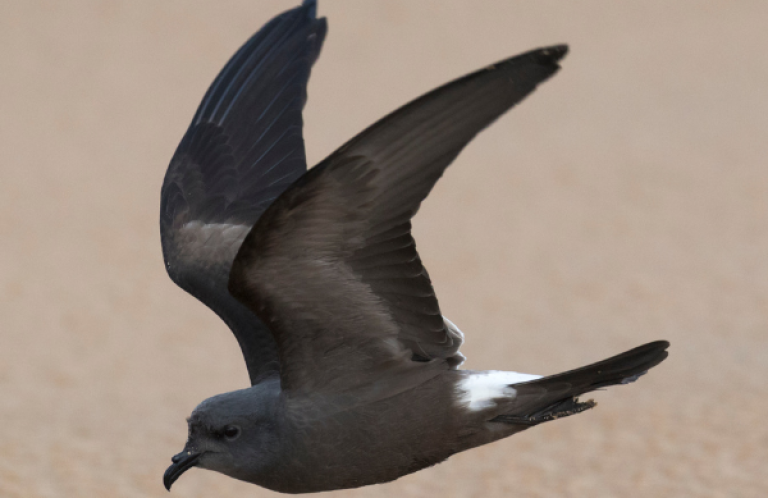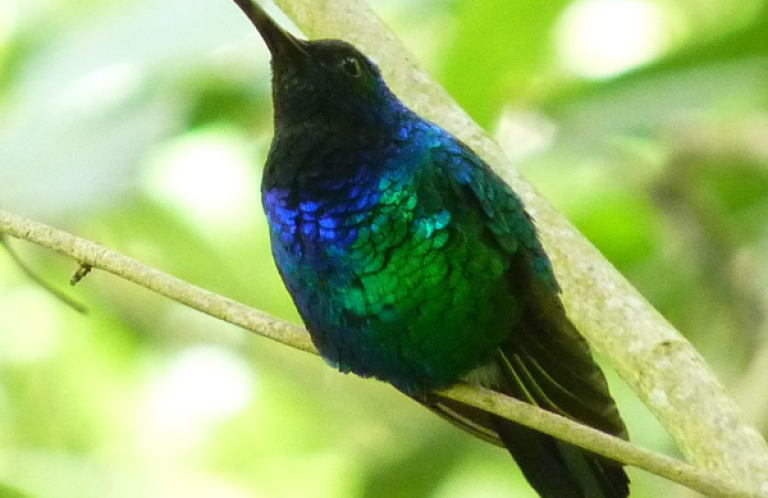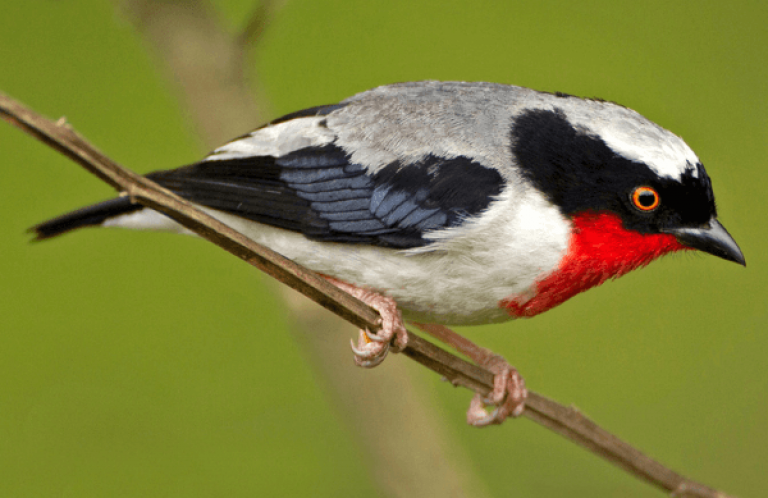$6 Million Settlement for Resource Damages from Buzzards Bay Oil Spill
 |
Roseate Tern. By: USFWS |
Bouchard Transportation Co. Inc. and its affiliates will pay more than $6 million to settle a portion of the federal and state damage claims for the April 2003 spill of up to 98,000 gallons of oil into Buzzards Bay, near New Bedford, Mass.
Hundreds of loons, sea ducks, endangered Roseate Terns, and other birds were killed as a result of the spill. The beaches, which function as breeding and forage habitats for shorebirds, such as endangered Piping Plovers, were impacted by the spill. In addition, the oil spill caused the oiling and temporary closure of shellfish beds throughout the bay, and restricted boat and beach access.
“These things are avoidable if reasonable care is taken. With offshore oil and gas development and offshore wind farms, shorebirds, seabirds, and pelagic species are coming under increasing human-caused threats. I think in cases like this, a portion of the fines must go toward bird and habitat restoration,”said George Fenwick, President of American Bird Conservancy, the nation’s leading bird conservation organization.
The U.S. Coast Guard first reported an oil spill on
The barge grounded on a shoal soon after entering the western approach to Buzzards Bay, rupturing its hull and allowing the release of the cargo. In the days and weeks following the grounding, winds and currents drove the spilled oil ashore, affecting approximately 100 miles of shoreline in Massachusetts and Rhode Island. Cleanup of the oiled shoreline took months. The barge that ruptured was built in 1975 and single-hulled. It would have been required to add a second hull to prevent oil leaks within several years. At the time of the accident, about one third of Bouchard’s boats were double-hulled out of its fleet of 30. About two-thirds of the nation's barge fleet were double-hulled at the time of the accident.


















































